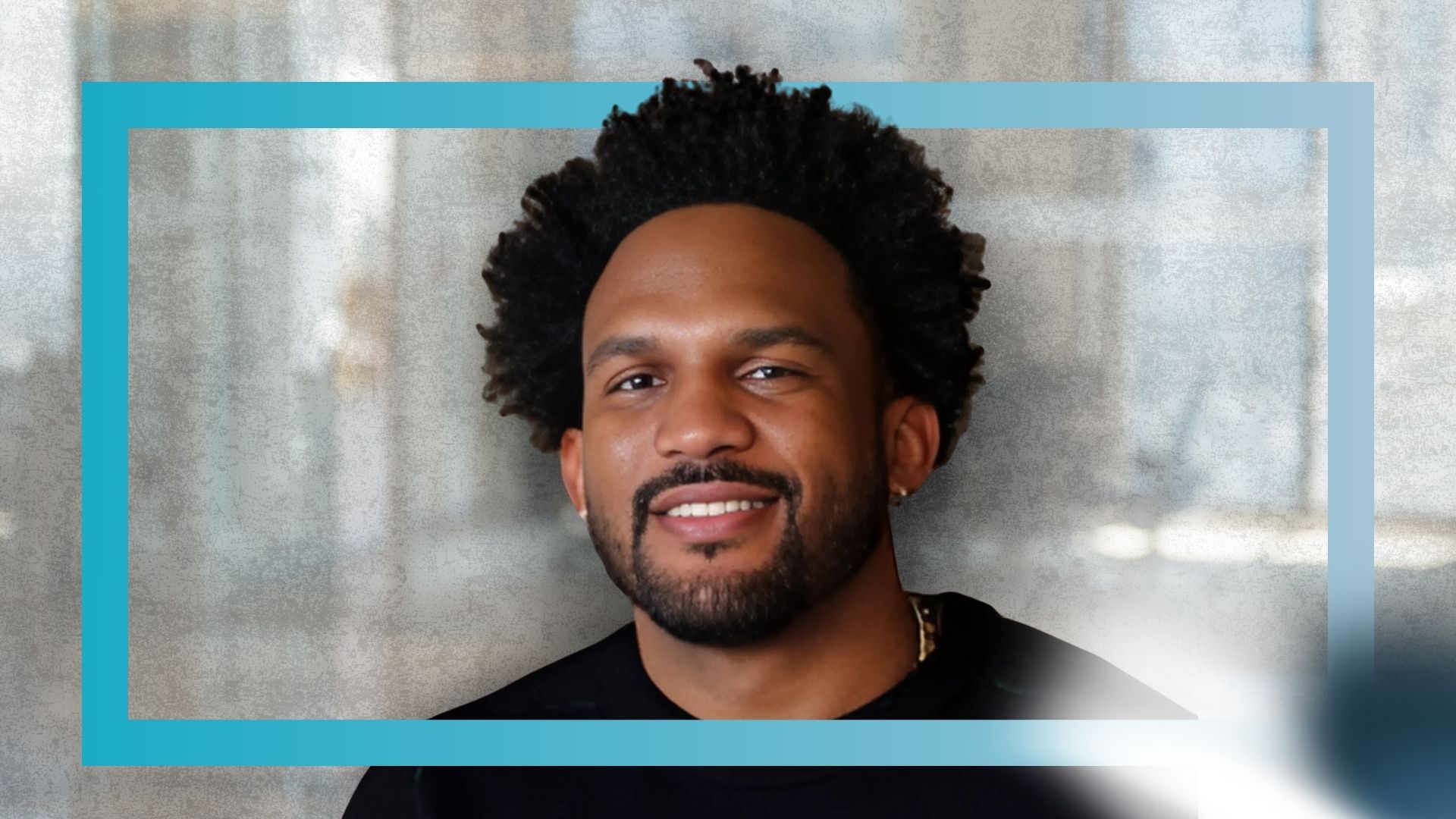
When Everette Taylor became CEO of Kickstarter in 2022, he didn’t just inherit a well-known brand—he inherited a platform in need of reinvention. Despite its reputation as the go-to destination for crowdfunding, Kickstarter was facing declining relevance, slowed innovation, and a market increasingly flooded with competitors. But Taylor, a serial entrepreneur and marketing executive with a résumé that includes stints at Artsy, Microsoft, and his own ventures like PopSocial and GrowthHackers, came in with a clear mission: transform Kickstarter into the backbone of the creator economy.
“When I took over the company… we had declining revenue, you could even argue declining relevance,” he told Forbes. His solution wasn’t to tweak at the edges. Instead, he set out to rebuild Kickstarter as a full-service platform for creators—one that supports them across every stage of their journey.
A Platform Built for the Full Creator Lifecycle
Everette Taylor employs a strategy that moves Kickstarter far beyond its traditional role as a fundraising vehicle. “I didn’t want to just be a crowdfunding leader,” he explained. “I wanted to be a leader within the creator economy space.”
To get there, he overhauled Kickstarter’s core offerings. Pre-launch tools have been upgraded, while “Late Pledges” and the new “Pledge Management” system—covering shipping, taxes, add-ons, and fulfillment—extend the platform’s value long after campaigns end. Taylor positions these tools as essential for helping creators build sustainable businesses and return to Kickstarter repeatedly, rather than viewing it as a one-off launchpad.
The approach is working. Kickstarter has launched 12 major product features in a single quarter under Taylor’s leadership, and key business lines—like performance marketing and pledge extensions—have driven new revenue. In a tough macroeconomic climate, this expansion is critical.
Betting on Inclusion, Education, and Outcomes
Beyond features and functions, Taylor is reshaping Kickstarter’s DNA to be more inclusive. “It starts internally,” he told interviewers, referencing his push to diversify the company’s leadership team to better reflect the global creator community. But the effort extends beyond hiring: Kickstarter has implemented initiatives like “Forward Funds” to support underrepresented creators, while product development has shifted toward universal design that avoids assumptions and barriers.
Taylor is also laser-focused on creator education. When he joined, Kickstarter’s project success rate hovered around 50%. Today, that number is nearing 65%, thanks in part to educational tools and customer support designed to help more creators succeed. “Our mission is to bring creative projects to life,” he said. “And the more people being successful on our platform matters.”
Steady Leadership Amid Economic Headwinds
With traditional funding sources drying up, more creators are turning to Kickstarter. Taylor understands the opportunity—and the responsibility. “We know that we are the option during the hardest of times,” he said. “And we need to make sure that we show up in the best way for these people.”
The platform is publishing resources, creating content, and continuously refining its tools to address real-world issues like tariffs and international shipping complexities. Taylor’s leadership philosophy—grounded in realism and optimism—is evident here: “Great CEOs set reality but give hope.”
[RELATED] How to Navigate the Trump Tariffs Without Losing Your Peace
The Next Chapter: A Creator-First Social Platform
Perhaps the most underappreciated shift Taylor is spearheading is positioning Kickstarter as a social platform. In an environment where social media algorithms can throttle reach, Taylor wants Kickstarter to be where creators maintain direct relationships with their most loyal backers.
“If you download the Kickstarter app,” he said, “you’ll notice it goes into your social folder. This is where your true supporters live.” The app notifies fans every time a creator launches something new—no algorithm required.
Looking Ahead
Looking ahead, Everette Taylor is optimistic about the rise of a new generation of creators and entrepreneurs—and he’s betting that Kickstarter will be their platform of choice. “We’re still a dream factory,” he said. “And we’re going to help you be more successful.”
Taylor’s tenure at Kickstarter represents more than a leadership change—it’s a directional shift toward becoming the infrastructure of the modern creator economy. With deep empathy, strategic clarity, and a bias toward execution, he’s remaking Kickstarter into a hub where ideas not only get funded but flourish. In a creator-driven world, Taylor is making sure Kickstarter doesn’t just keep up—it leads.







